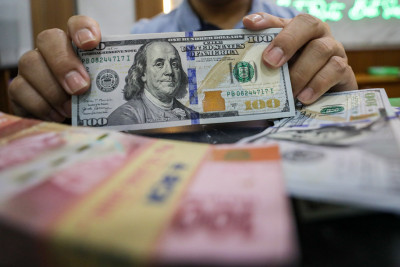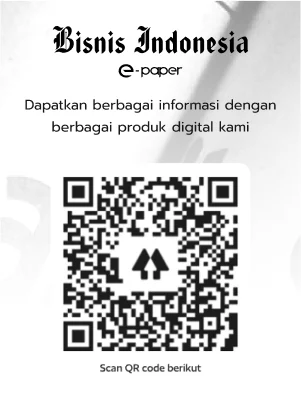Zero tariffs on automotive parts keep car prices stable in Indonesia
JAKARTA: Car prices in the domestic market have been relatively stable despite the rise of global steel prices and crude oil prices in the last few months.This was made possible because car assemblers and importers here have been optimally using the
Cek Berita dan Artikel yang lain di Google News dan WA Channel
Penulis : Yusuf Waluyo Jati
Editor : Mursito
Topik

Dapatkan informasi komprehensif di Bisnis.com yang diolah secara mendalam untuk menavigasi bisnis Anda. Silakan login untuk menikmati artikel Bisnis Indonesia Premium.

2 menit yang lalu
Bond Market Sees Upbeat Outlook with Rate-Cut Bets, Rally Forecast

32 menit yang lalu
Kupon Tebal hingga 10%, Sukuk PLN, Pegadaian Cs Jatuh Tempo Bulan Ini
Artikel Terkait
Berita Lainnya
Berita Terbaru

7 jam yang lalu
Kabar Duka, Mantan Jaksa Agung Abdul Rahman Saleh Tutup Usia

10 jam yang lalu
Dituntut 7 Tahun, Tom Lembong Tuding JPU Abaikan Fakta Persidangan
Terpopuler
# Hot Topic
Rekomendasi Kami
Foto










